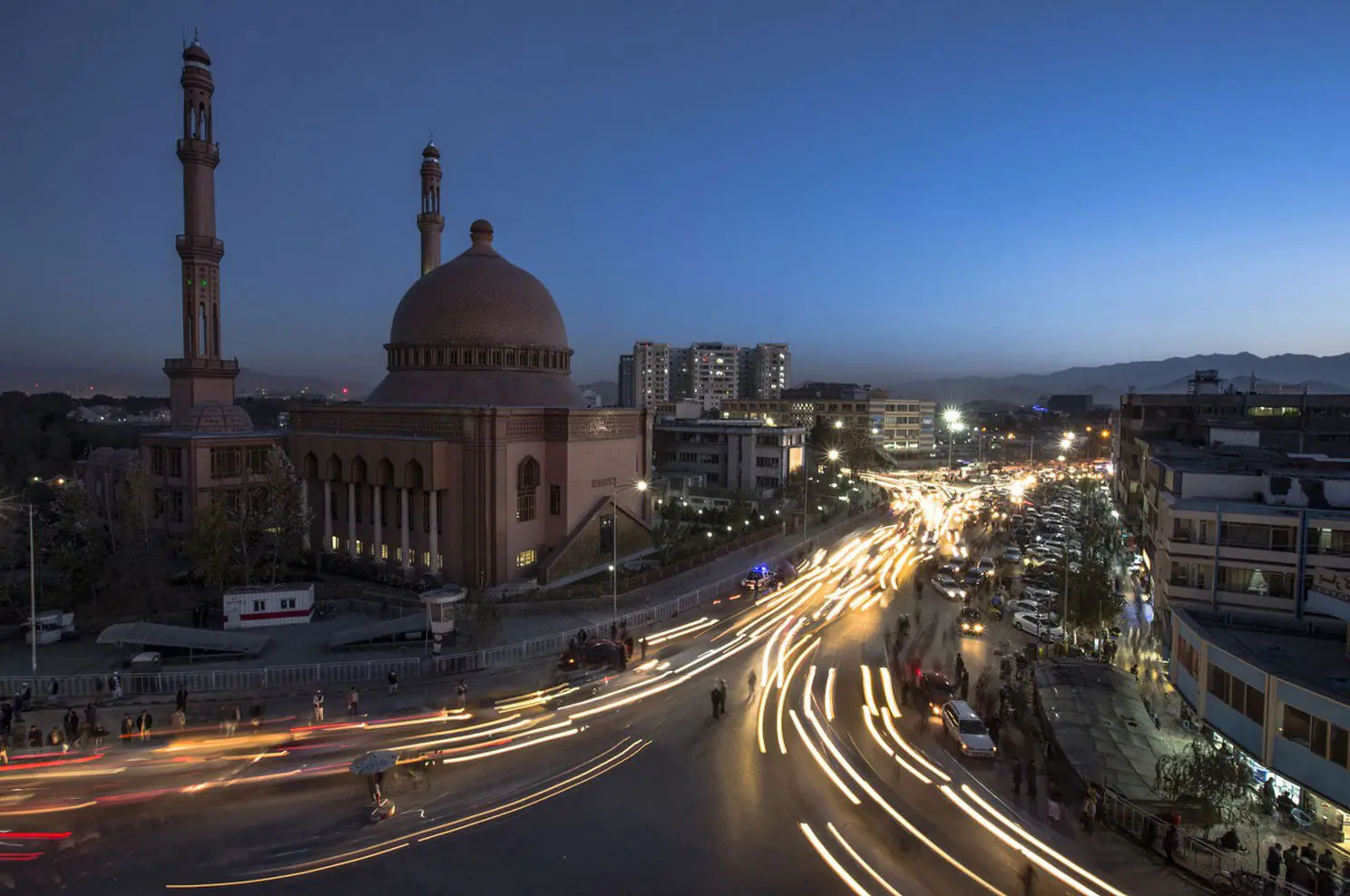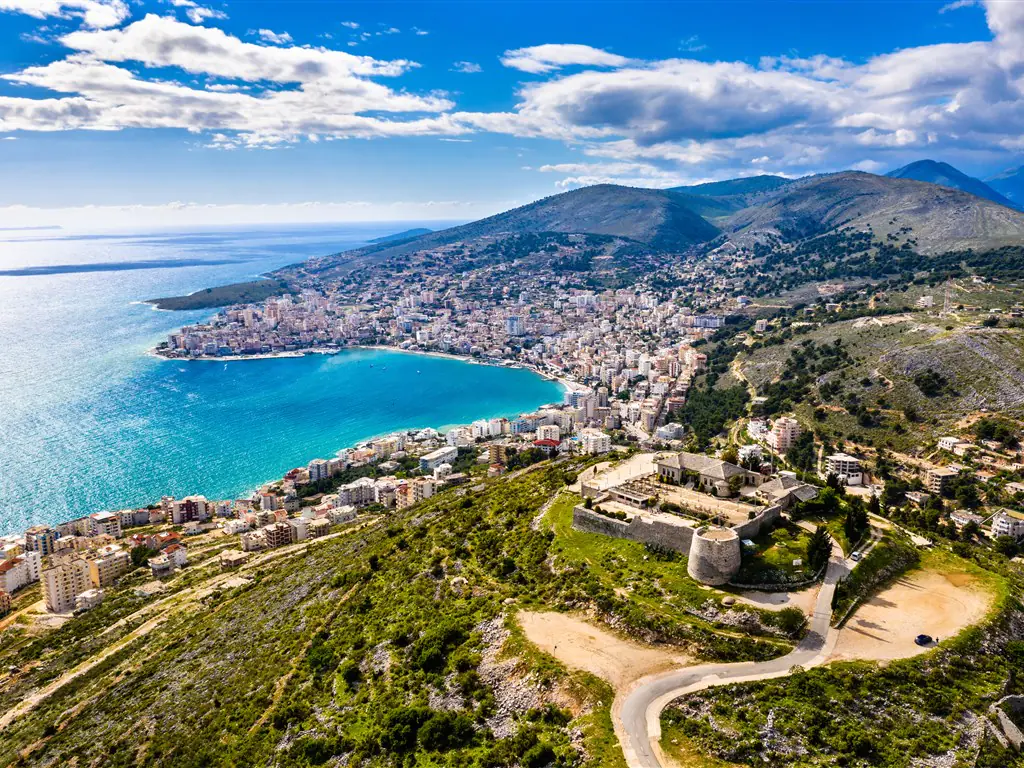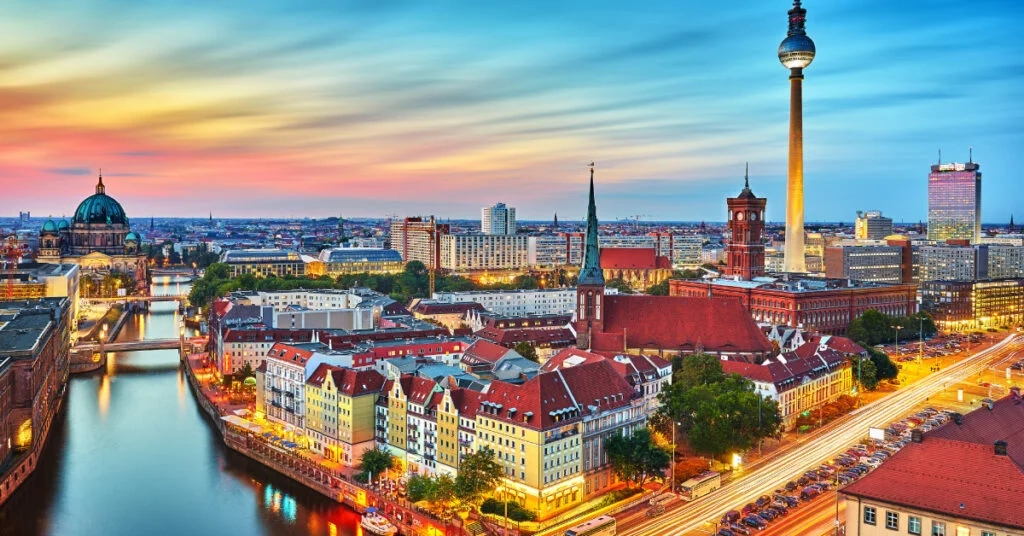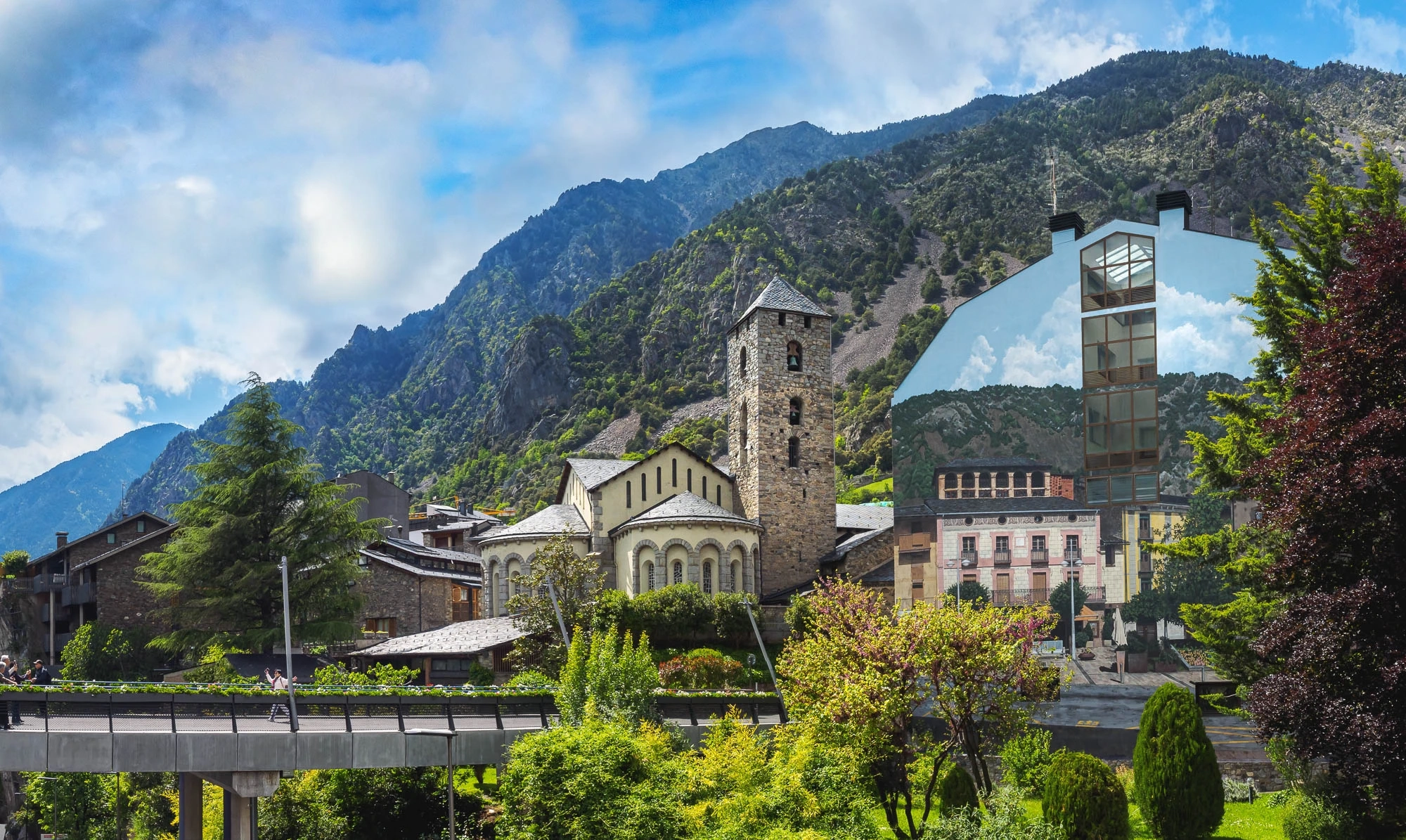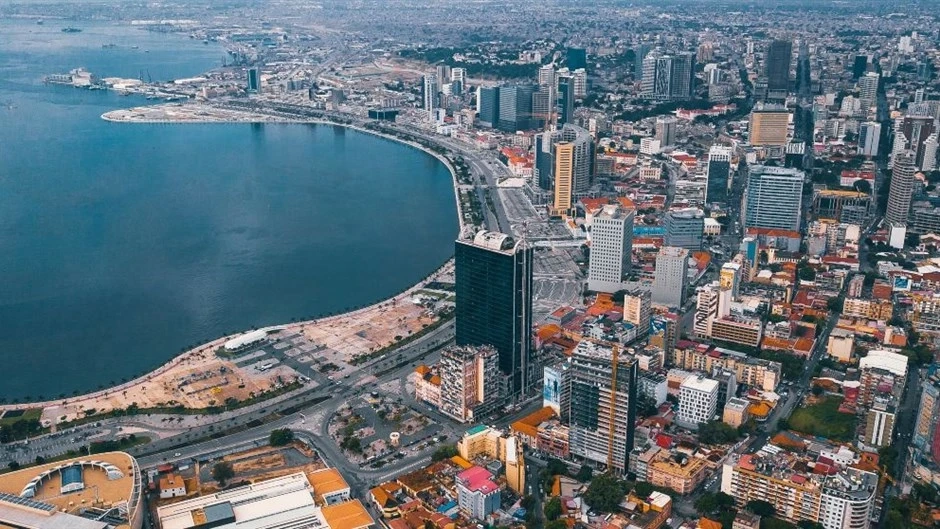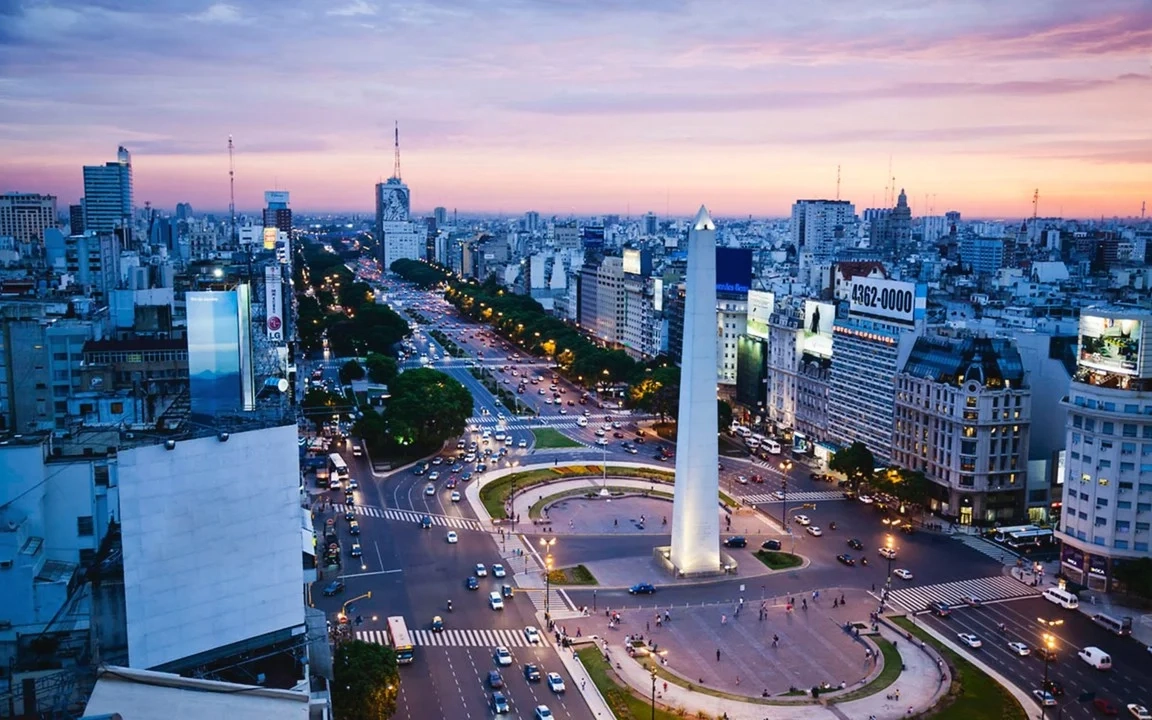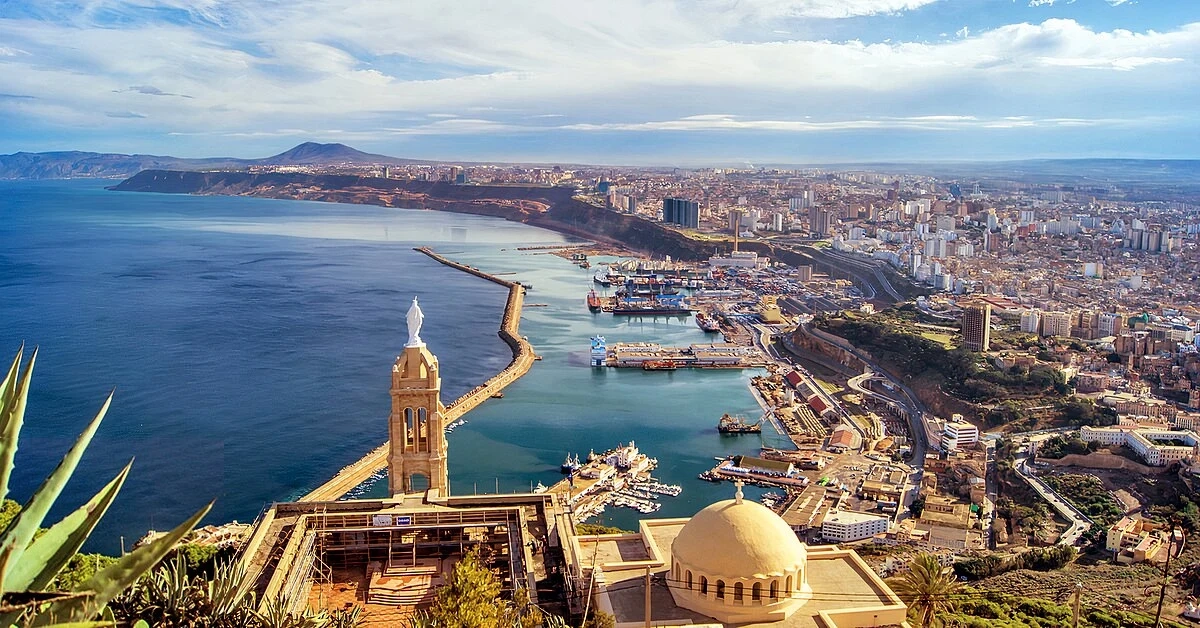1. Cost of Living:
Rent: The cost of rent varies depending on the city and region. In major cities like Rome, Milan, or Florence, rents tend to be higher. On average, you might expect to pay around €700 to €1,500 per month for a one-bedroom apartment in a city center.
Utilities: Additional monthly expenses for utilities (electricity, heating, cooling, water, garbage) can range from €100 to €200.
Groceries: Grocery costs vary, but a monthly grocery bill for a single person might be around €200 to €300.
2. Healthcare: Italy has a public healthcare system, and residents can access medical services through the National Health Service (SSN). Immigrants with legal residency status are generally eligible for public healthcare. Many residents also opt for private health insurance to cover additional services and faster access to healthcare.
3. Transportation: Public transportation is well-developed in major cities, with extensive bus and metro networks. Monthly transportation passes can cost around €30 to €50.
4. Food: Italy is known for its diverse and high-quality food. Eating out at restaurants can range from €15 to €50 per person, depending on the type of establishment. Cooking at home with locally sourced ingredients can be cost-effective.
The average cost of living in Italy can vary depending on factors such as the city, lifestyle, and personal choices. On average, including expenses like rent, utilities, food, transportation, and miscellaneous costs, a rough estimate for the cost of living in Italy could range from €1,200 to €2,000 per month for a single person.
Pros of Living in Italy:
• Cultural Richness: Italy is known for its art, history, and cultural heritage. Living in Italy provides easy access to world-renowned museums, historical sites, and artistic treasures.
• Culinary Delights: Italian cuisine is famous worldwide. Living in Italy allows you to savor authentic pasta, pizza, gelato, and other delicious dishes.
• Scenic Landscapes: Italy boasts beautiful landscapes, from the rolling hills of Tuscany to the stunning Amalfi Coast. The country offers diverse natural beauty.
• Healthcare System: Italy has a public healthcare system known for its quality. Residents have access to medical care, and the system is ranked well globally.
• Cultural Events: Festivals, events, and traditions are an integral part of Italian life. From local celebrations to international festivals, there's always something happening.
Cons of Living in Italy:
• Bureaucracy: Italy is known for its bureaucratic processes, which can be time-consuming and complex. Dealing with paperwork and official procedures may require patience.
• Economic Challenges: Certain regions face economic challenges, resulting in disparities between the north and south. Job opportunities and salaries can vary.
• Traffic and Transportation: Traffic congestion, especially in major cities, can be a challenge. Public transportation may be less efficient in some areas.
• Language Barrier: While English is widely understood in tourist areas, in some regions, especially rural ones, language barriers may exist, making communication challenging.
• Cost of Living: The cost of living, especially in major cities, can be relatively high. Housing costs, in particular, can be a significant expense.
1. Rome: The capital city, known for its historical significance and vibrant culture. Rome offers a mix of ancient architecture, modern amenities, and a lively atmosphere.
2. Milan: Italy's financial hub and a global fashion capital. Milan is a bustling city with a sophisticated lifestyle, renowned for its business opportunities, shopping, and nightlife.
3. Florence: A city with unparalleled art and architecture, Florence is ideal for those who appreciate a rich cultural environment. It has a relaxed pace of life and is surrounded by beautiful landscapes.
4. Venice: Famous for its unique canal system, Venice is a romantic and picturesque city. While living in the historic center may be challenging, the surrounding areas offer a quieter lifestyle.
5. Bologna: Known for its culinary delights and historic architecture, Bologna has a vibrant student population. It's a lively city with a strong emphasis on culture and education.
- Legal Documentation:
Ensure that all required documents, such as passports, visa application forms, proof of accommodation, and financial statements, are prepared and submitted accurately.
- Language Proficiency:
While not always mandatory, having a basic understanding of Italian can be beneficial for daily life, especially in smaller towns where English may not be widely spoken.
- Financial Preparation:
Have sufficient funds to cover your initial expenses, including accommodation, living costs, and any unexpected expenses.
- Healthcare Coverage:
Understand the healthcare system in Italy and ensure you have appropriate health insurance coverage. Register with the Italian National Health Service (SSN) if eligible.
- Cultural Integration:
Familiarize yourself with Italian culture, customs, and social norms. Integration into the local community will enhance your overall experience.






